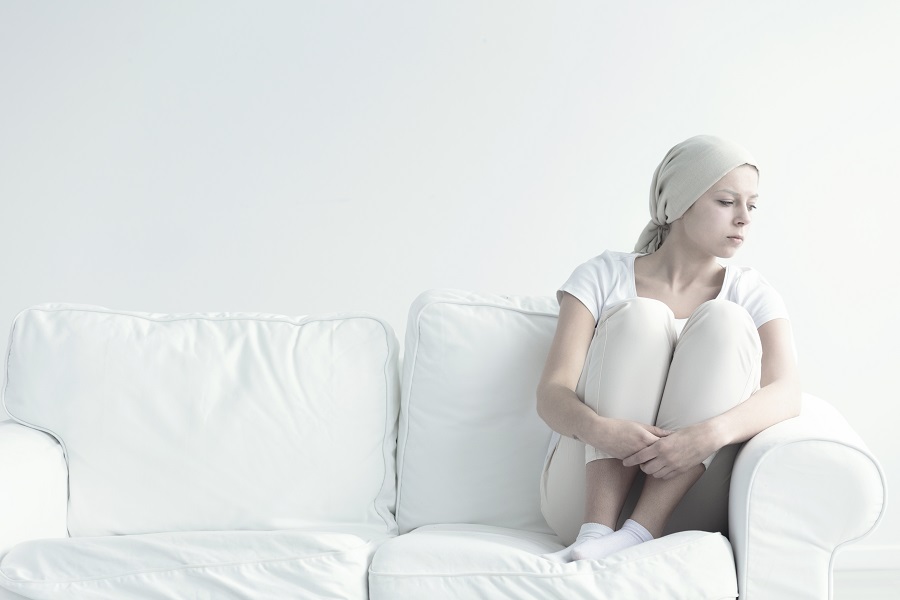Lifestyle
5 Habits Secretly Increasing Your Cancer Risk


It’s important to be aware of the things you’re doing on a daily basis that might be putting your health at risk.
Based on preliminary data released on March 29 from the Philippine Statistics Authority (PSA), cancer is the fourth leading cause of death in the Philippines behind heart disease, cerebrovascular disease, and severe respiratory illness caused by the SARS-CoV-2 virus, with 59,503 (7.8%) deaths.
Although treatments are available, prevention is still the best solution. Be wary of these habits to ensure your health.
Being Overweight
How does obesity cause cancer?
“A key thing to understand is that fat cells change the environment inside the body,” says Dr. Panagiota Mitrou, Director of Research Funding & Science External Relations at World Cancer Research Fund International. “They release a range of chemicals that can make cells near them act differently leading to cells potentially becoming cancerous. This process happens in various ways in different parts of the body, leading to different types of cancer developing.”
An Unhealthy Diet
A healthy and balanced diet can help lower your risk of cancer.
“Food can help prevent many of the chronic conditions that increase your risk of cancer,” says cancer dietitian Joseph Dowdell, RDN, LD. “Genetics and other health conditions can impact cancer prevalence as well, but those are usually out of our control. Obesity is something we can control through food and exercise… Food is powerful. Some use it for comfort. Others use it for fuel or to be social. So it’s important to still embrace those things but in the healthiest way possible. You can eat that piece of cake on your birthday or indulge a little during a barbecue. Having an occasional treat is perfectly fine. It’s when those practices happen daily that negative long-term effects come into play.”
Smoking
Smokers are three times more likely to get bladder cancer than non-smokers.
“These carcinogens leave the body through the urinary tract,” says urologist Robert Abouassaly, MD. “When urine is in contact with the bladder for many hours at a time, the bladder can be exposed to very high concentrations of toxins from cigarette smoke. People are often surprised by the link. Efforts toward smoking cessation are really critical to try to prevent this disease.”
Too Much Sitting
A recent study found that spending too much time sitting had a much greater risk of developing endometrial cancer, colon cancer, or lung cancer.
“We know that lack of activity can lead to obesity and that obesity is a risk factor for certain types of cancer. That is why we always tell our patients how important it is to stay active,” says Dale Shepard, MD, Hematology and Oncology. “Some people think it’s OK to sit all day if they are going to work out for an hour-and-a-half when they get home. But working out does not negate the fact that they just sat for nine hours. Periods of inactivity will still put you at risk. What you do throughout your entire day will impact your health. It’s time to re-think how we orient our work day so we can get in at least five minutes of activity every hour without decreasing productivity.”
Alcohol
Research shows that drinking alcohol is linked to an increased risk of several cancers: bowel, breast, mouth and throat, oesophageal, and liver. But how does alcohol increase cancer risk?
“Alcohol that we drink contains ethanol, which has been found to be carcinogenic. When we drink ethanol, it is converted by an enzyme in our cells into a toxic substance, acetaldehyde,” says Lucy Eccles, International Communications Officer at World Cancer Research Fund. “Usually acetaldehyde is converted by other enzymes (known as aldehyde dehydrogenase) into acetate, which is useful for the cells to make energy. However, when there is a large amount of alcohol entering the body, there is more acetaldehyde than the enzymes can process, causing a buildup of acetaldehyde. This can be dangerous because acetaldehyde can directly damage DNA, affecting how the DNA functions and its ability to repair itself, which can lead to the cells becoming cancerous. So the more we drink, the more toxic acetaldehyde builds up, the more DNA damage occurs and the cancer risk increases. But it’s not just heavy drinkers who are at risk. Bacteria found in the mouth are particularly good at converting ethanol into the toxic acetaldehyde, which can give you a build up of acetaldehyde even if you’ve only been drinking smaller amounts.”
Your chances of developing cancer are affected by the lifestyle choices you make. Take charge now by making simple changes and avoiding the above habits.













